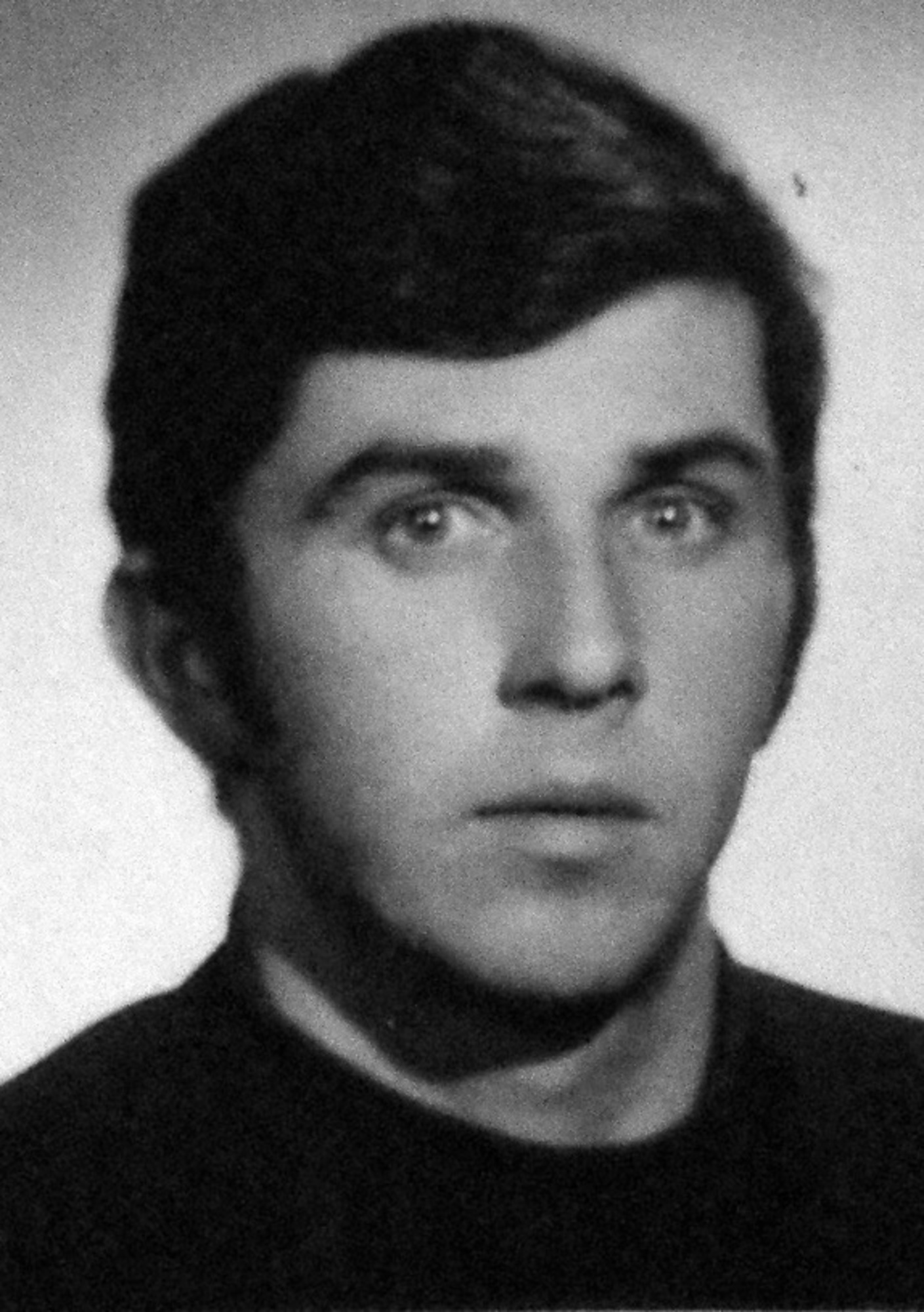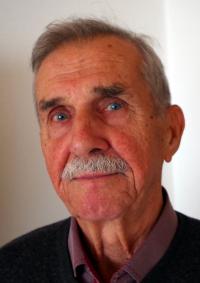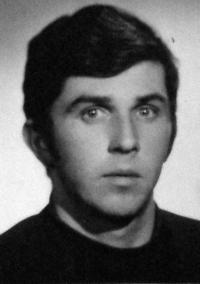Fear settled amongst people, they did not know what is going to happen

Stáhnout obrázek
Vladimír Kovář was born on 18 July 1942 in Písek. His father was a smith and his mother a housewife. In 1944, his family had to move to Žatec in the then Sudetenland by order of the Protectorate offices. His father had to replace a missing German smith. Vladimír has child memories on the co-existence with the Germans with who they lived in the same house, on the expulsion of Germans and on German women and children leaving bombed Germany. In 1947 his father died and his mother returned to South Bohemia with three little children. After that they lived in Putim near Písek. There she met the then mayor of Putim who was one generation older than her, who later became her next life partner and a father to her children. They spent the 1950s in Putim which brought substantial changes related to the collectivization of agriculture to the village. After his compulsory military service in technical auxiliary battalions and short job in the mines, Vladimír left to work in Prague in the end of 1960s. He was intensively interested in the political events and on 21 August 1968 he witnessed the arrival of Soviet soldiers, the skirmishes and later bloody fights between demonstrators and soldiers near the building of Czechoslovak Radio. One year later he even took part in demonstrations against the occupation. In 1970, he came back to Putim and got married. Fist, he worked in a precast concrete plant, later as a machine operator at an indoor pool. After 1989 he started a business. He is active in sports and lives with his wife in Putim, they have two daughters.

